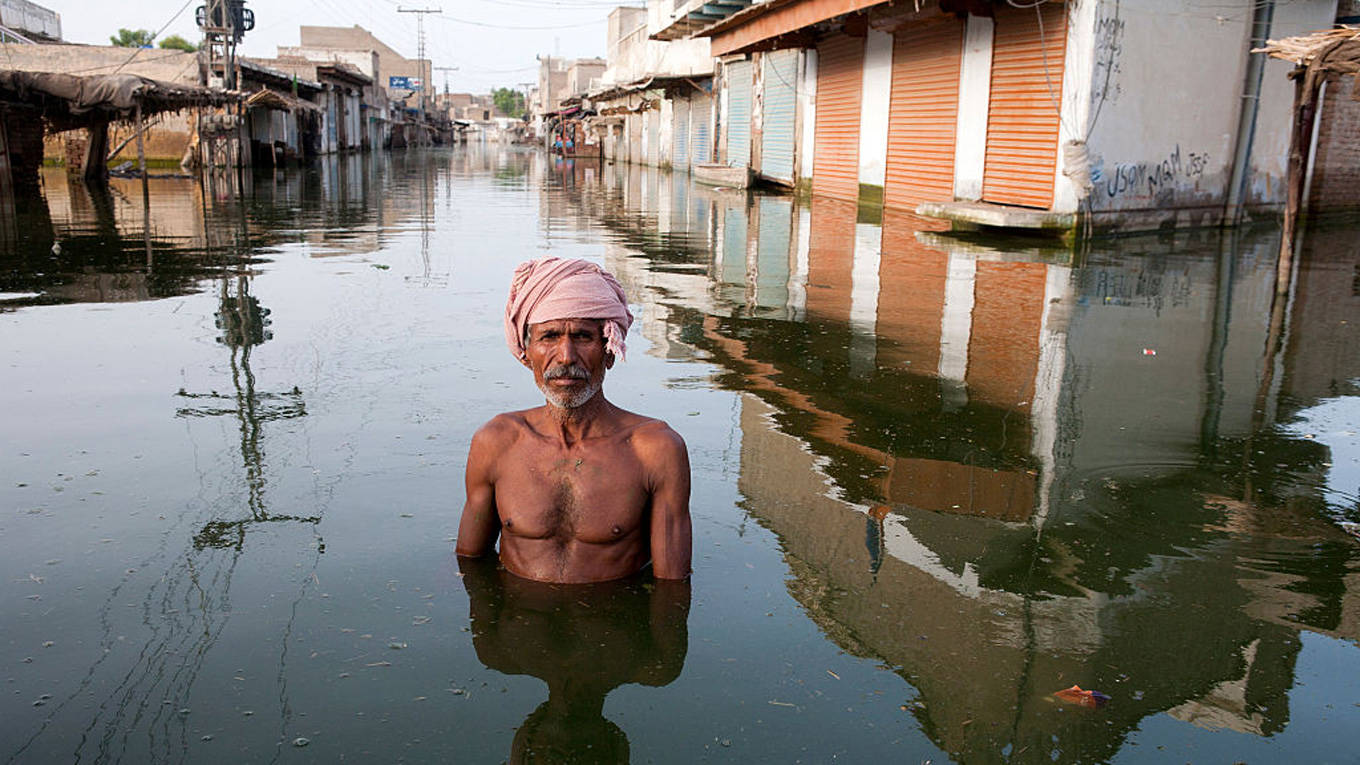Despite a series of troubling new reports and studies, the world has yet to respond adequately to the threat posed by global warming. One reason is that policymakers have not made the connection between climate action and the social and political challenges their countries face.
PRINCETON/VIENNA – Climate scientists are sounding the alarm about global warming, but the world is not responding. In October, the United Nations Intergovernmental Panel on Climate Change warned of catastrophic risks to health, livelihoods, water supplies, and human security if global warming is not limited to 1.5° Celsius relative to the pre-industrial level, a target set by the 2015 Paris climate agreement. At the moment, however, we are on track for a 3°C increase.
Then, in November, the Fourth National Climate Assessment in the United States predicted that without swift action to reduce greenhouse-gas emissions, the US economy would suffer “substantial damages.” But President Donald Trump’s administration appears utterly unconcerned.
How is it possible that the slow-motion threat of climate devastation has not yet been halted?
Insights from the social sciences can help answer this question. In a recent report and companion book, the International Panel on Social Progress (IPSP), where we serve as committee members, analyzed social justice and equality across a number of sectors. One conclusion stands out: the only way to tackle the threat posed by climate change is by simultaneously addressing social and political challenges.
When ignored, social issues can trigger political turmoil, which can undermine the political will to fight climate change. For example, despite the implementation deal that was reached on December 15 in Poland, the Paris agreement remains in jeopardy, owing to political upheaval in many countries. In the US and Brazil, voters angry over socioeconomic issues elected leaders who are hostile to climate action.
…click on the above link to read the rest of the article…

PRINCETON/VIENNA – Climate scientists are sounding the alarm about global warming, but the world is not responding. In October, the United Nations Intergovernmental Panel on Climate Change warned of catastrophic risks to health, livelihoods, water supplies, and human security if global warming is not limited to 1.5° Celsius relative to the pre-industrial level, a target set by the 2015 Paris climate agreement. At the moment, however, we are on track for a 3°C increase.
Then, in November, the Fourth National Climate Assessment in the United States predicted that without swift action to reduce greenhouse-gas emissions, the US economy would suffer “substantial damages.” But President Donald Trump’s administration appears utterly unconcerned.
How is it possible that the slow-motion threat of climate devastation has not yet been halted?
Insights from the social sciences can help answer this question. In a recent report and companion book, the International Panel on Social Progress (IPSP), where we serve as committee members, analyzed social justice and equality across a number of sectors. One conclusion stands out: the only way to tackle the threat posed by climate change is by simultaneously addressing social and political challenges.
When ignored, social issues can trigger political turmoil, which can undermine the political will to fight climate change. For example, despite the implementation deal that was reached on December 15 in Poland, the Paris agreement remains in jeopardy, owing to political upheaval in many countries. In the US and Brazil, voters angry over socioeconomic issues elected leaders who are hostile to climate action.
…click on the above link to read the rest of the article…